Facial rejuvenation through cosmetic acupuncture offers a natural alternative to conventional anti-aging treatments.
This traditional Chinese medicine technique stimulates specific facial points to improve circulation, boost collagen production, and reduce visible signs of aging.
Understanding the protocols and benefits of cosmetic acupuncture can help you make informed decisions about this time-tested beauty treatment.
Key Benefits of Facial Acupuncture
- Increases blood flow to facial tissues
- Stimulates natural collagen production
- Reduces fine lines and wrinkles
- Improves muscle tone and skin elasticity
- Minimizes dark circles and puffiness
Treatment Protocol Overview
A standard facial acupuncture series consists of 10-12 sessions, typically scheduled twice weekly for optimal results.
Session Type
Frequency
Duration
Initial Treatment
2x per week
60-90 minutes
Maintenance
Monthly
45-60 minutes
Treatment Areas and Techniques
- Forehead lines and expression wrinkles
- Crow’s feet around eyes
- Nasolabial folds
- Jawline definition
- Under-eye circles
Preparation Guidelines
- Arrive with clean, makeup-free skin
- Avoid caffeine 4 hours before treatment
- Stay hydrated
- Eat a light meal 2 hours before
Post-Treatment Care
- Apply sunscreen SPF 30 or higher
- Avoid intense exercise for 24 hours
- Skip hot showers or saunas
- Continue gentle skincare routine
Finding a Qualified Practitioner
Look for certification from recognized organizations like the National Certification Commission for Acupuncture and Oriental Medicine (NCCAOM).
Contact the American Board of Medical Acupuncture (ABMA) at 310-379-8261 to find licensed practitioners in your area.
Next Steps for Your Beauty Journey
Schedule a consultation with a licensed acupuncturist to discuss your specific skincare goals and create a personalized treatment plan.
Document your progress with before and after photos to track improvements over the course of treatment.
Consider combining facial acupuncture with complementary treatments like gua sha or facial cupping for enhanced results.
Safety and Contraindications
While facial acupuncture is generally safe, certain conditions may prevent treatment:
- Pregnancy (especially first trimester)
- Active skin infections or breakouts
- Recent Botox or fillers (wait 3-4 weeks)
- Blood clotting disorders
- Severe hypertension
Complementary Lifestyle Practices
Enhance your facial acupuncture results with these supportive habits:
- Regular facial exercises and massage
- Anti-inflammatory diet rich in antioxidants
- Adequate sleep (7-8 hours nightly)
- Stress management techniques
- Proper sun protection
Cost Considerations
Service
Average Cost Range
Initial Consultation
$100-150
Single Treatment
$125-200
Package (10 sessions)
$1000-1800
Embracing Natural Beauty Through Ancient Wisdom
Facial acupuncture offers a holistic approach to aging gracefully, working with your body’s natural healing mechanisms to restore youthful vitality.
By investing in this time-tested treatment, you’re choosing a sustainable path to facial rejuvenation that promotes overall wellness while enhancing your natural beauty.
Remember that consistent treatments and proper aftercare are key to achieving and maintaining optimal results in your facial rejuvenation journey.
FAQs
- What is facial rejuvenation acupuncture and how does it work?
Facial rejuvenation acupuncture is a non-surgical treatment that involves inserting fine needles into specific points on the face and body to improve skin appearance by increasing blood flow and stimulating collagen production. - How many sessions are typically needed to see results?
A standard protocol usually requires 10-12 treatments, scheduled 1-2 times per week, with maintenance sessions every 4-8 weeks after completing the initial series. - Is facial acupuncture painful?
Most patients experience minimal discomfort as the needles used are extremely thin. Some points may cause a slight pinching sensation, but it’s generally well-tolerated. - What skin concerns can facial acupuncture address?
It can help reduce fine lines, wrinkles, sagging skin, dark circles, puffiness, age spots, and improve overall skin tone and texture. - How long do the results of facial acupuncture last?
Results typically last 3-5 years with proper maintenance treatments and healthy lifestyle habits, though individual results vary. - Are there any contraindications for facial acupuncture?
Yes, it’s not recommended for people with hemophilia, severe migraines, high blood pressure, during pregnancy, with active cold/flu, or those who’ve had Botox or fillers within the last 3 months. - What’s the difference between facial acupuncture and Botox?
Facial acupuncture works naturally to stimulate collagen production and improve overall skin health, while Botox temporarily paralyzes muscles to reduce wrinkles. Acupuncture offers more holistic benefits but requires more sessions. - Can facial acupuncture be combined with other skincare treatments?
Yes, it can be safely combined with many treatments like facials, LED therapy, and facial massage, but timing should be coordinated with your practitioner, especially regarding injectable treatments. - What are the post-treatment care recommendations?
Avoid heavy exercise, alcohol, caffeine, and sun exposure for 24 hours after treatment. Stay hydrated and use gentle skincare products recommended by your practitioner. - How soon after Botox or fillers can I get facial acupuncture?
It’s recommended to wait at least 3-4 months after Botox and 6 months after dermal fillers before starting facial acupuncture treatments.
Author: AcupunctureMy
Related Posts
Acupuncture Research Standards
Research Corner
|
methodology, science
Research standards in acupuncture have evolved significantly over the past decades to ensure reliable, evidence-based results that can be replicated across different studies. The integration of modern scientific methods with ... Read more
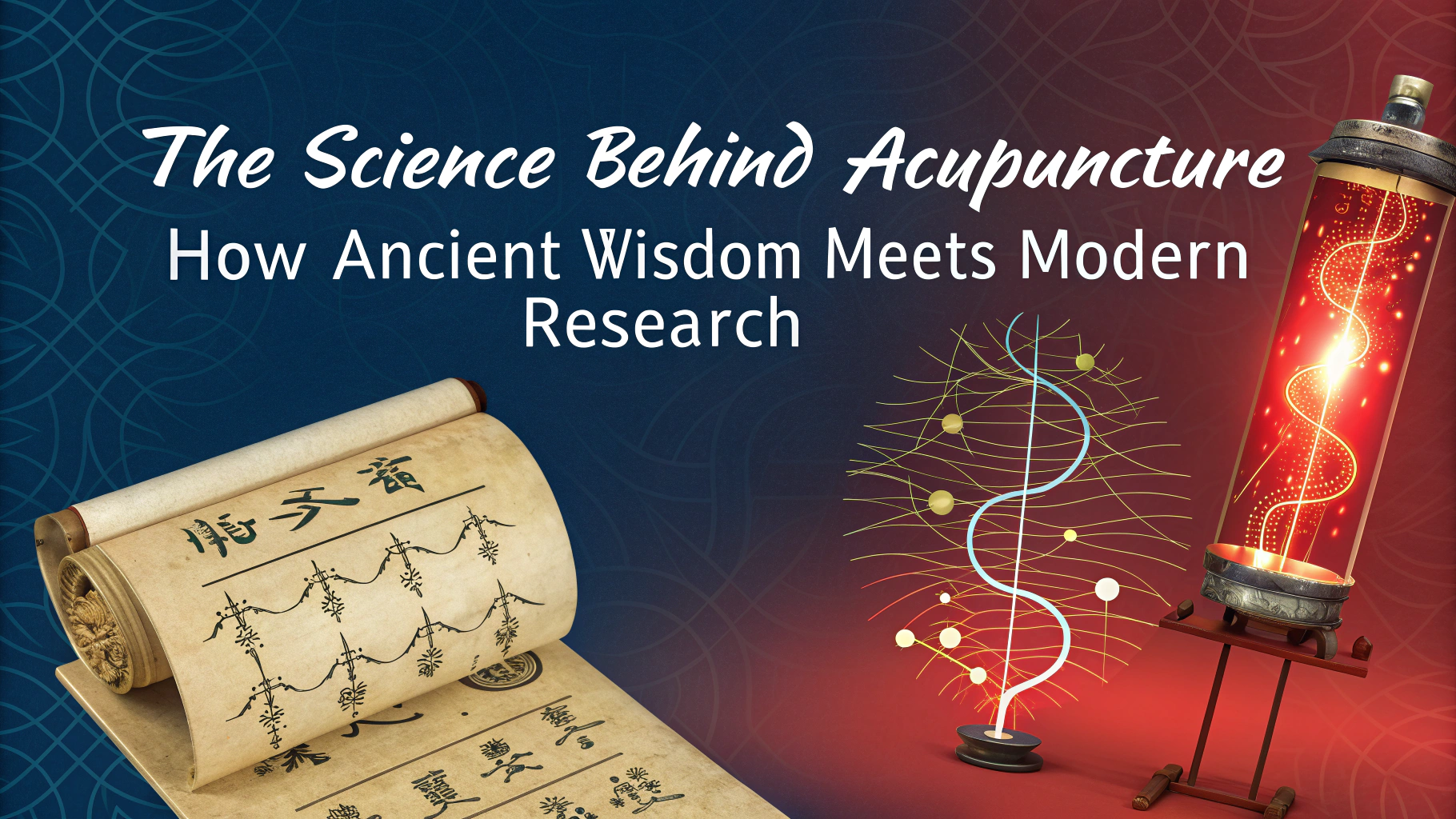
Understanding Treatment Duration
Treatment Guides
|
expectations, planning
The length of an acupuncture treatment plan varies significantly based on individual health conditions and treatment goals. A typical acupuncture session lasts between 30-60 minutes, with the needles remaining in ... Read more
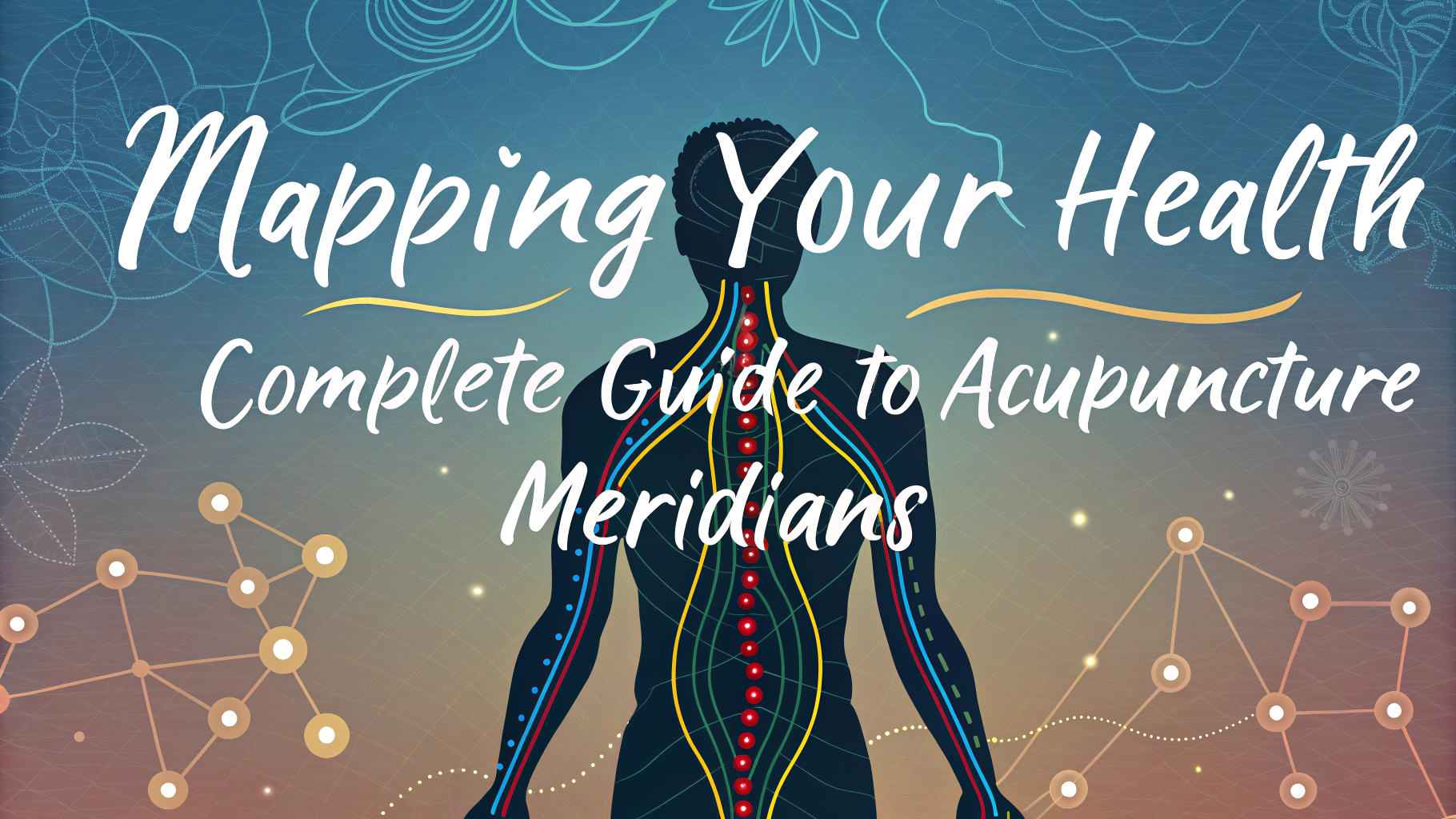
Traditional Chinese Medicine Weather Theory
Fundamentals
|
environment, health
Traditional Chinese Medicine (TCM) recognizes intricate connections between weather patterns and human health, developing sophisticated frameworks for understanding these relationships over thousands of years. Weather changes can significantly impact our ... Read more
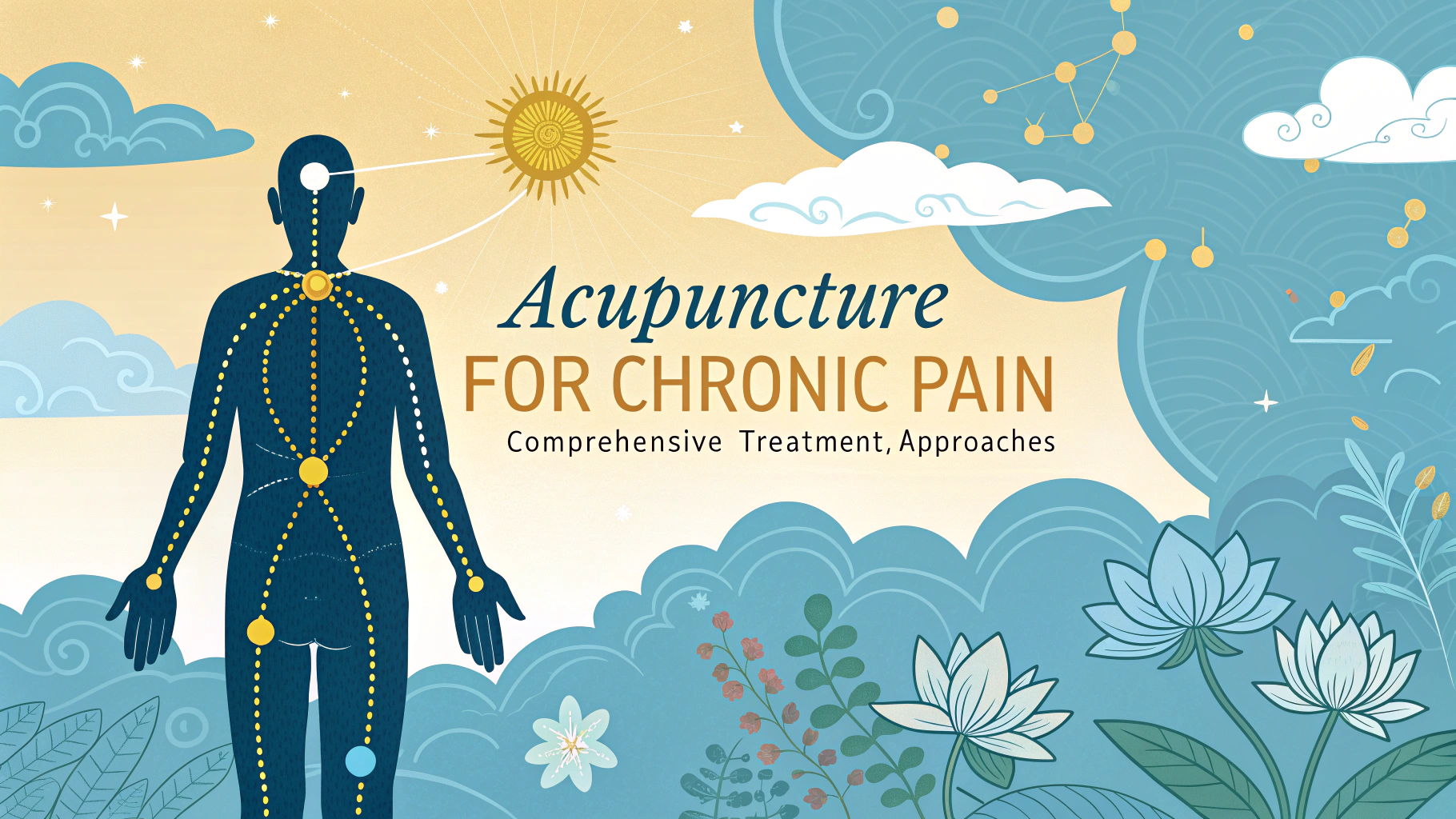
Acupuncture for Sinus Health
Conditions Treated
|
allergies, respiratory
Acupuncture offers a time-tested approach to managing sinus problems by targeting specific pressure points that can help relieve congestion, reduce inflammation, and restore proper sinus function. Traditional Chinese Medicine views ... Read more
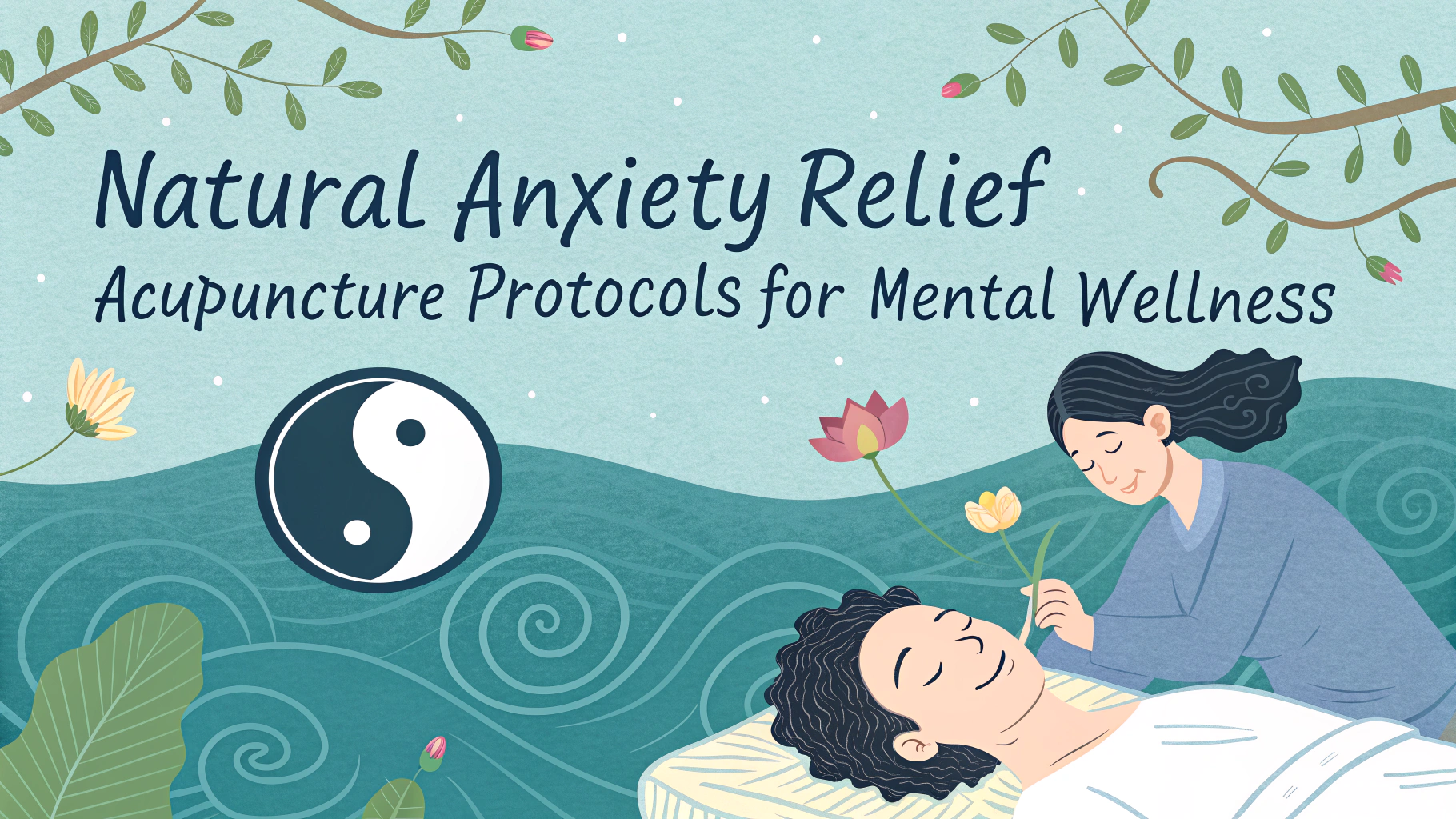
Understanding Point Selection
Fundamentals
|
technique, theory
Point selection stands as one of the most important aspects of effective acupuncture treatment. Skilled practitioners combine traditional wisdom with modern understanding to identify the optimal points for each patient’s ... Read more
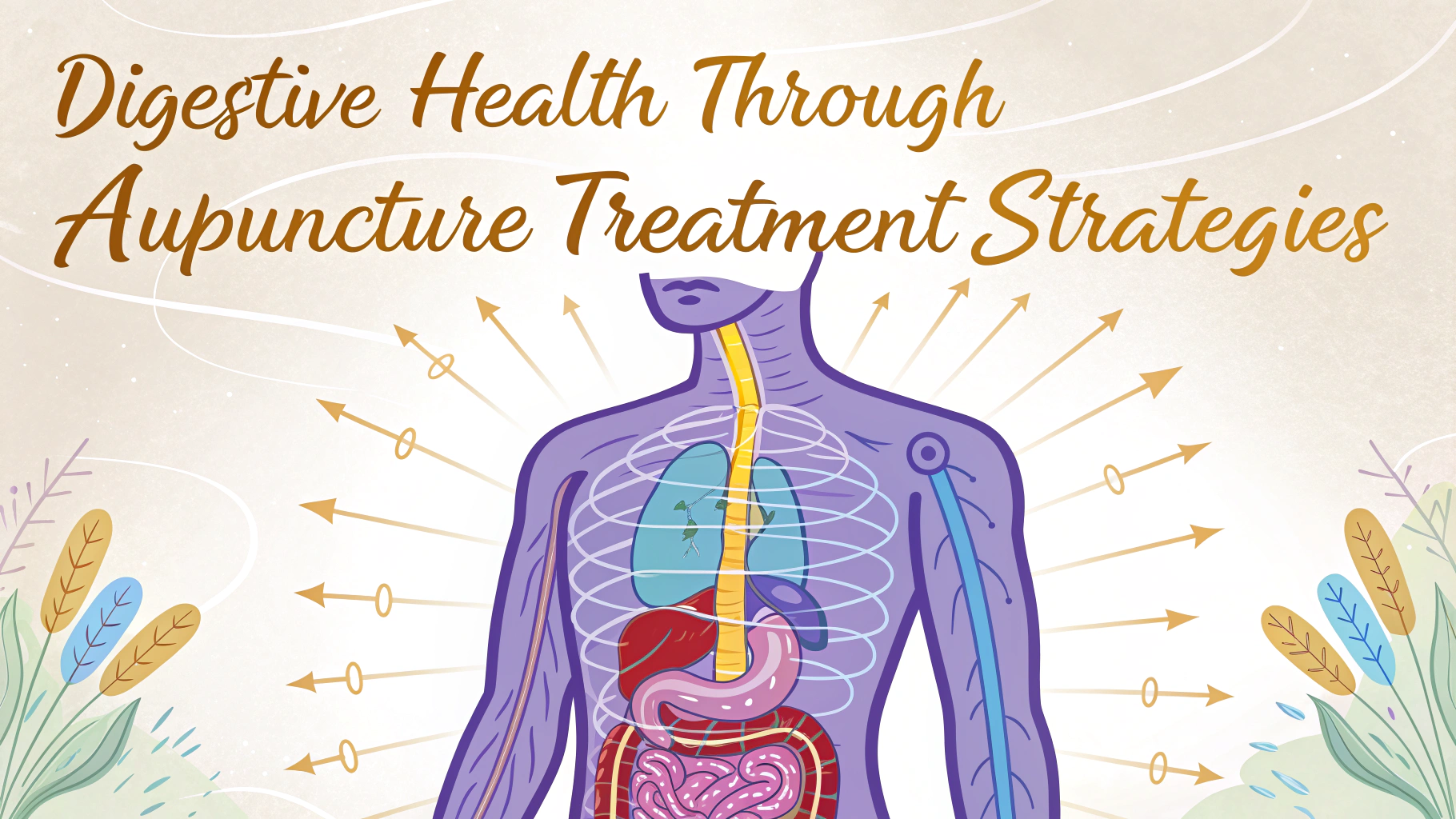
Treating Computer-Related Pain
Conditions Treated
|
ergonomics, pain
Computer-related pain affects millions of people who spend long hours working at their desks. Acupuncture offers a natural, effective treatment option for various musculoskeletal issues that develop from prolonged computer ... Read more

Acupuncture for Lymphatic Health
Conditions Treated
|
circulation, immunity
Acupuncture offers a time-tested approach to supporting lymphatic health through strategic needle placement and gentle stimulation techniques. This ancient Chinese medicine practice helps activate lymph flow, reduce swelling, and enhance ... Read more
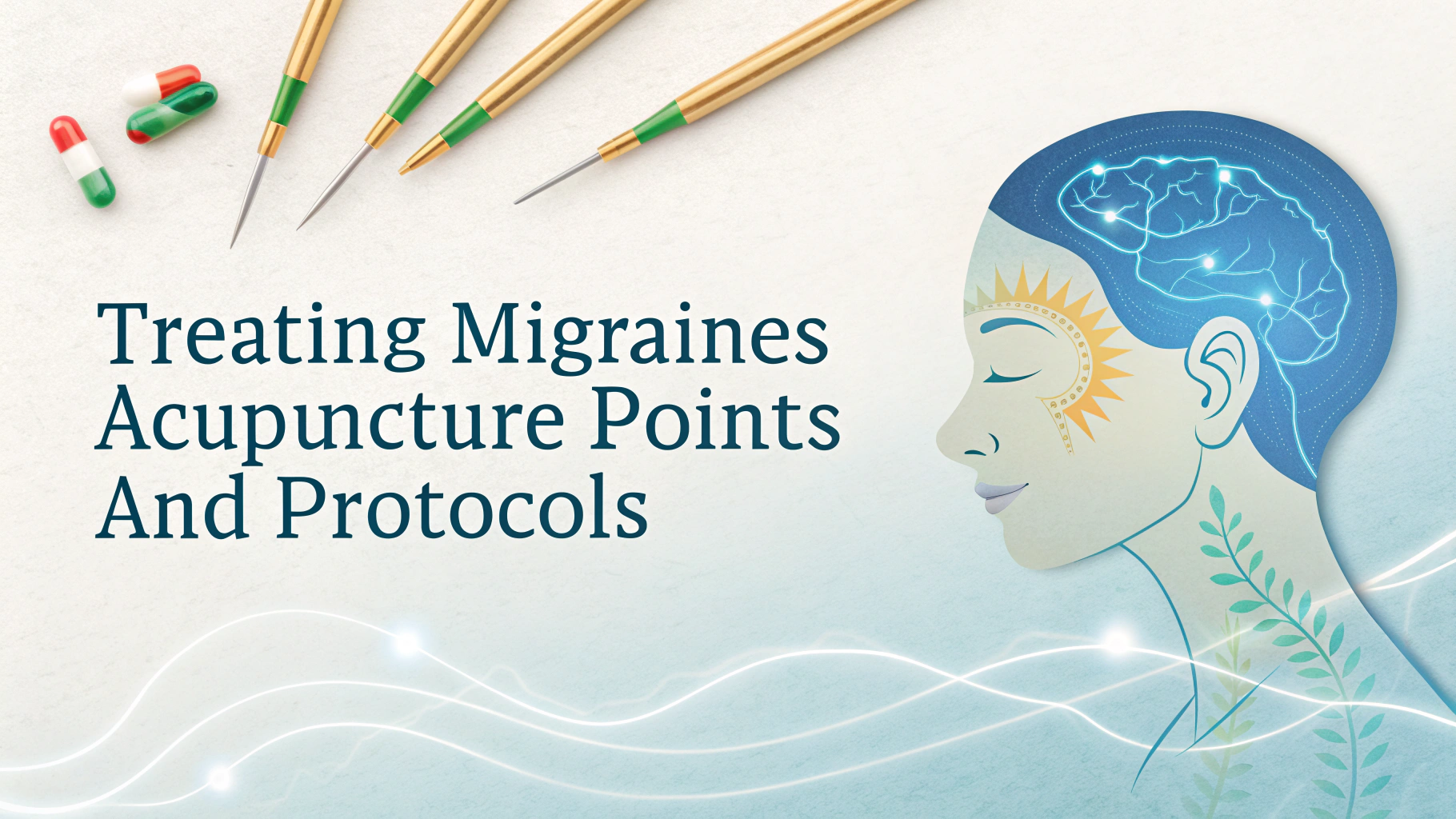
Understanding Treatment Intervals
Treatment Guides
|
frequency, scheduling
Treatment intervals for acupuncture can significantly impact the effectiveness of your healing journey. The frequency of acupuncture sessions depends on your specific health condition, severity of symptoms, and overall treatment ... Read more

